Clara Ávila: "Many territories are not only in quarantine because of the pandemic but also because of violence"
The ADPI Observatory and Maloka Colombia Collective have organised a fundraising campaign to strengthen the health system of the indigenous communities of Colombia, a vulnerable group because of armed conflicts.
The coronavirus pandemic does not distinguish between social class or race: it affects us all. Although enduring the costs of dealing with the health crisis is not easy for the world's poorest people, and even less so when the government does not give an appropriate response.
This is the situation of the indigenous communities Awa and Nasa from Colombia, where they try to combat the virus - or, as they call it 'Wee-Wala' - without adequate funding for their health system.
In northern Cauca, they are living a situation of extreme vulnerability, since it is a territory exposed to violence by illegal armed groups and the military. There, the virus has not stopped the number of murders of leaders, activists and human rights defenders. The threats of crops eradication have not ceased either.
Given this situation, ACIN (Asociación de Cabildos Indigenas del Norte el Cauca) and UNIPA (Unidad Indígena Del Pueblo Awá-Unipa) have asked for international aid. A call that has been heard by the Catalan entities ADPI Observatory and Maloka Collective, which have organized the campaign 'En Minga Solidaria'.
The goal of the initiative is to make a resistance box aimed at strengthening the intercultural programmes of medicine, which combine indigenous, Western and alternative knowledge.
We have talked to Clara Ávila regarding this campaign and the situation in southern Colombia. She is an indigenous woman from Nasa who is part of the feminist group Mujeres Diversas and the Corporación Ensayos and who is currently in Barcelona due to Covid-19.
She travelled to the Catalan capital thanks to a scholarship from the Human Rights Institute of Catalonia to take a course on discrimination and intersectional approach, but the health crisis paralysed everything and since March she has been working on initiatives like this one.
How did you come up with the idea 'En Minga Solidaria'?
The campaign started following a request of two organizations from southern Colombia. Then, a group of people, the ADPI Observatory and the Maloka Collective got together to promote an international solidarity campaign to strengthen the health system of both organizations.
What will the money collected be used for?
Given the inappropriate response from the national government, communities have organized themselves strategically to face the pandemic. Every resource obtained through this campaign will be used to strengthen the intercultural health systems and also for the border control strategy.
Do you expect a more effective response from these Catalan organizations than that from your government?
It could be. Our national government has only offered us masks and gloves. But this has led to much corruption and excessive prices. It is not so easy in Colombia to ask us to stay at home when most people live from informal jobs.
How have the indigenous communities of Colombia dealt with the coronavirus pandemic?
Our authorities have decided to close the borders in each of the territories and that is why the indigenous guards' checkpoints have been activated and strengthened. Spiritual work is also being done, combining traditional medicine and ancestral practices - through medicinal plants - with Western medicine.
You have another name for Covid-19. Why?
The elders have said that in our mother tongue we will call it 'Wee-Wala', to avoid saying the specific name of the virus and prevent it from arriving in our communities.
What happens when an indigenous person has symptoms?
People who have symptoms and are within the territory are followed up. People who return from the outside are isolated in case they have the 'Wee Wala'. All this work is done 'en minga' - a Colombian tradition of voluntary collective work.
What is the reason for the violence towards the indigenous communities despite being in an emergency like the coronavirus crisis?
Our territories are rich in natural resources and are also fuel. This generates interests of territorial control by illegal armed groups and even the government itself, which leads to situations of violence. Many territories are not only in quarantine because of the pandemic but also because of the decision of some armed groups that generate fear in the communities by murdering their leaders.
.jpeg)
How many murders have there been?
In the last few months, there have been more than 80 murders of leaders, of which 26 or more have been in the middle of indigenous villages, specifically in Cauca.
So, we are talking about the government and the armed groups taking advantage of the moment of weakness due to the pandemic to increase violence?
Violence has never stopped. But there are indeed people who are taking advantage of this situation, generating fear and terror over the leaders of the social processes. It is a very militarized territory and there are still many murders. Moreover, we cannot raise our voices because demonstrations and crowds are not allowed because of the virus. The government has not had the will to guarantee people's lives and as an indigenous movement, we continue to resist with our strategies of self-protection.
Has the 'Wee-Wala' caused any deaths in the indigenous communities of Colombia?
Not for now, thanks to the strategies that have been taken we have been protected and there have been no cases. We are working with a lot of strength from the spiritual and traditional medicine. Everyone has made a great effort to use medicinal plants again. We have disinfection controls before entering the territory.
Following the coronavirus crisis, there is even more conscious about the importance of taking care of the environment to improve public health. Do you think that you are a good example?
For us the mother earth, as its name says, is the mother. And as a mother, we must always take care of her. I believe that this has always been our conviction, the relationship with nature is very much linked in life. The land is sacred, and we have taken care of it for thousands of years. That is why we want to free it from the pollution caused by the monoculture of sugar cane.
In the last few hours a news item has been released stating that the Colombian government has insulted the Cauca community. What has happened?
The indigenous community presented to the government a plan to finance its health system, which is related to our cultural practices, our identity and our dynamics. Then, some government officials complained about the fact that we are always asking for money - which we are not. And some recordings were leaked in which they referred to us with discriminatory words.
And has the government taken any action against these officials?
Yes, there has been a follow-up to find out who was responsible, and they have been fired.
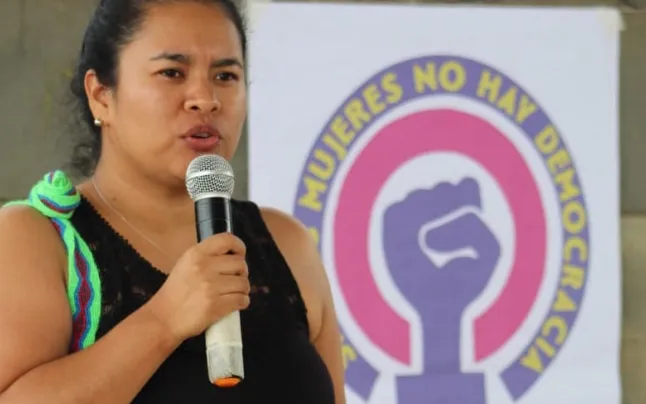

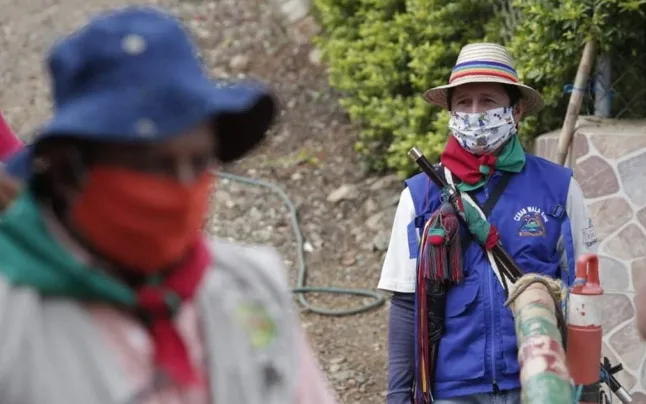



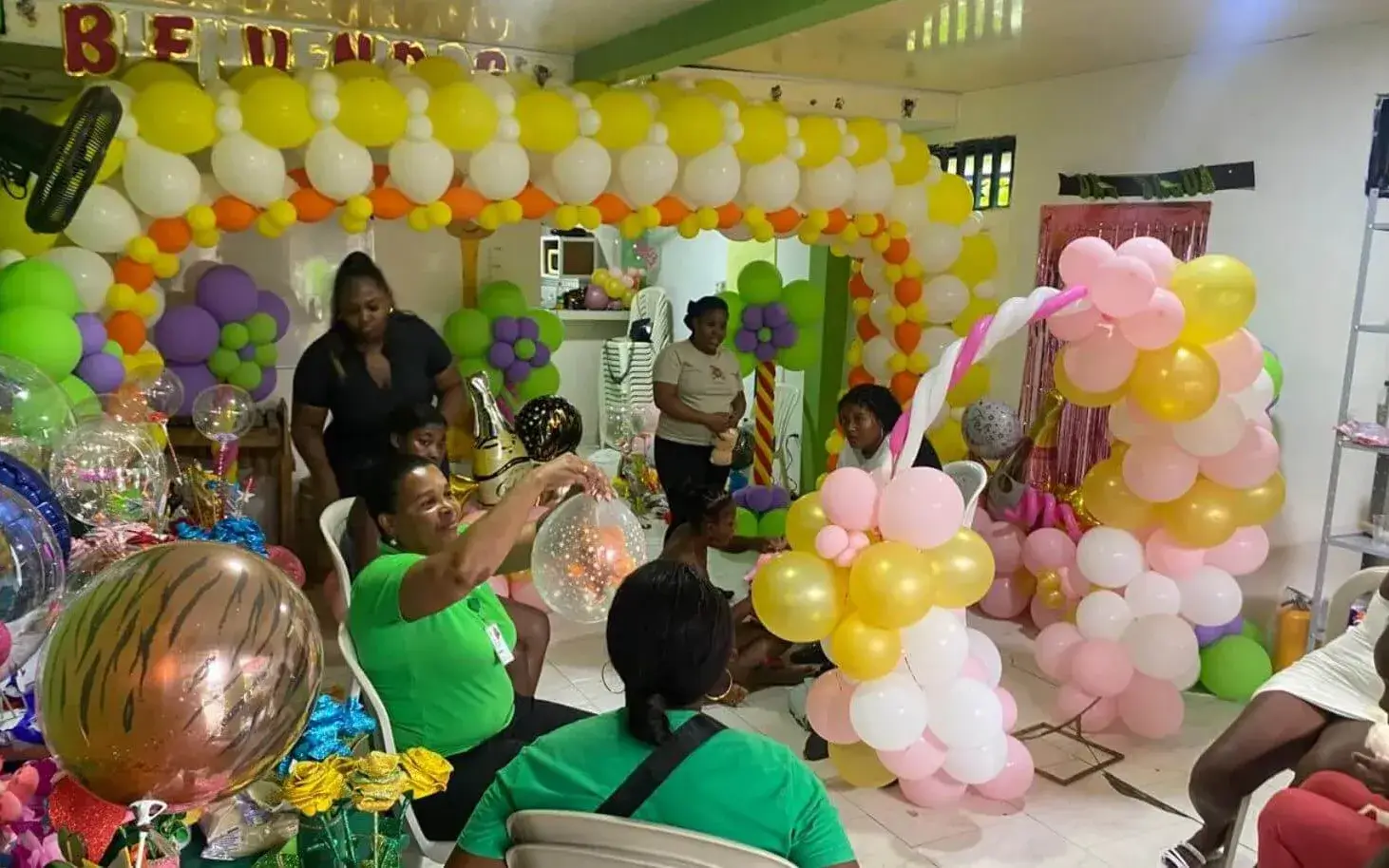
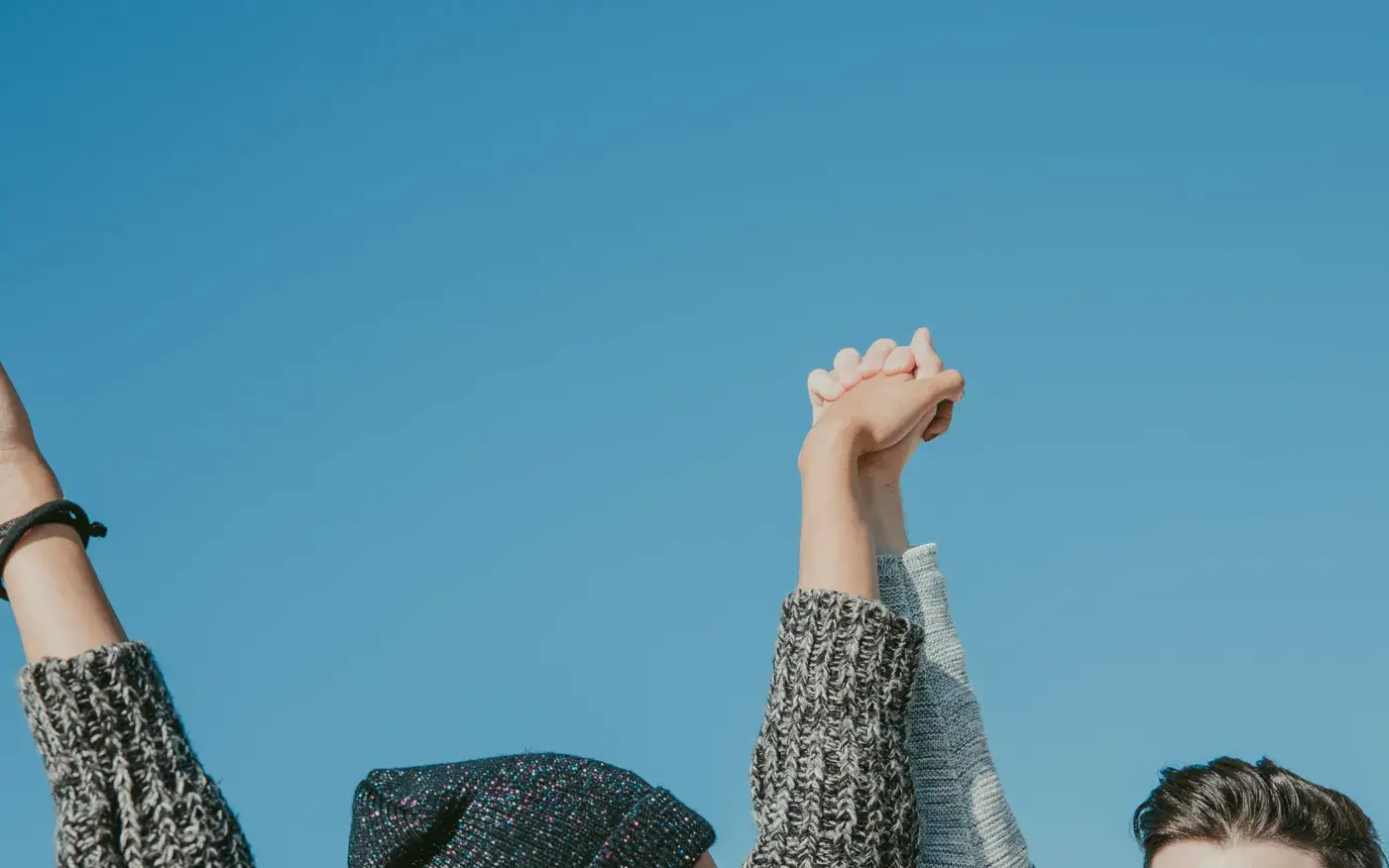
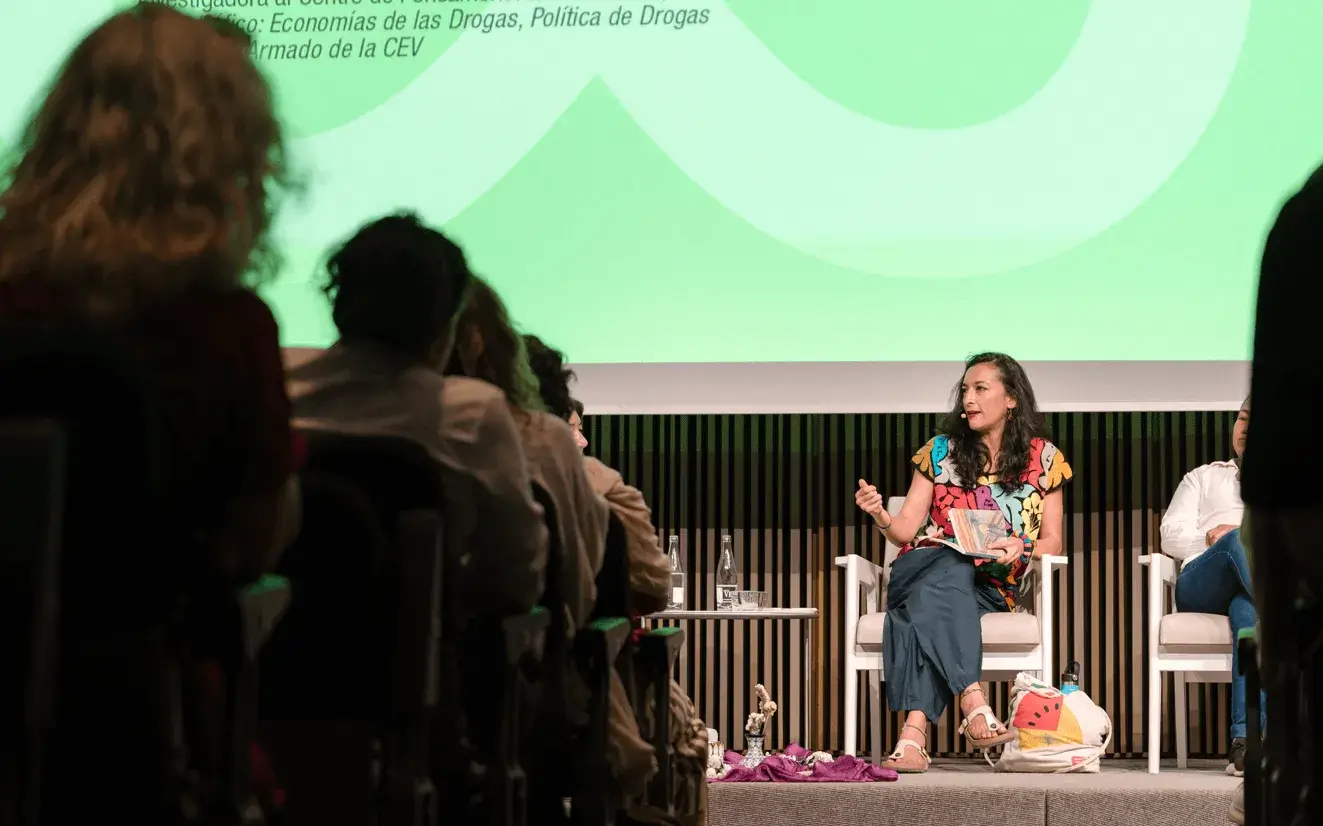
Add new comment